Winter tires out of season: is there a fine for Ukrainian drivers?
Drivers have been informed about fines for using winter tires at the wrong time of year.
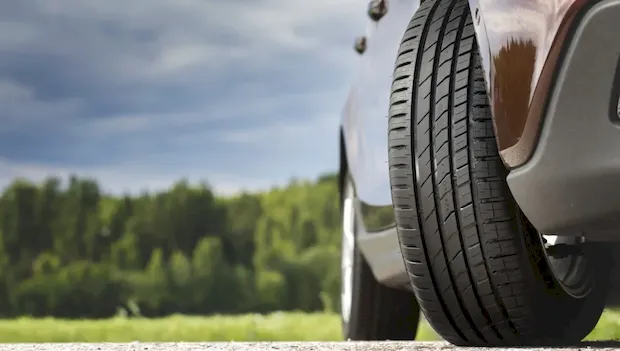
"Changing" the tires of a vehicle with the change of seasons is a necessary procedure for every driver, as it concerns road safety. The fact is that summer and winter tires have different operating conditions and specific features that affect safety and comfort while driving.
- Winter tires are designed for safe driving in cold season conditions, when roads are covered with snow and ice, and the air temperature drops below zero. This type of tire is more elastic and softer at low temperatures.
- Summer tires are used in warmer seasons when the temperature is above zero, and the roads are dry or wet. They have a harder rubber compared to winter tires, which helps maintain stability at higher temperatures. Summer tires also have fewer grooves and side indentations, improving grip on dry roads, handling, and vehicle stability while driving.
Is there a penalty for this, and what can drivers be fined for?
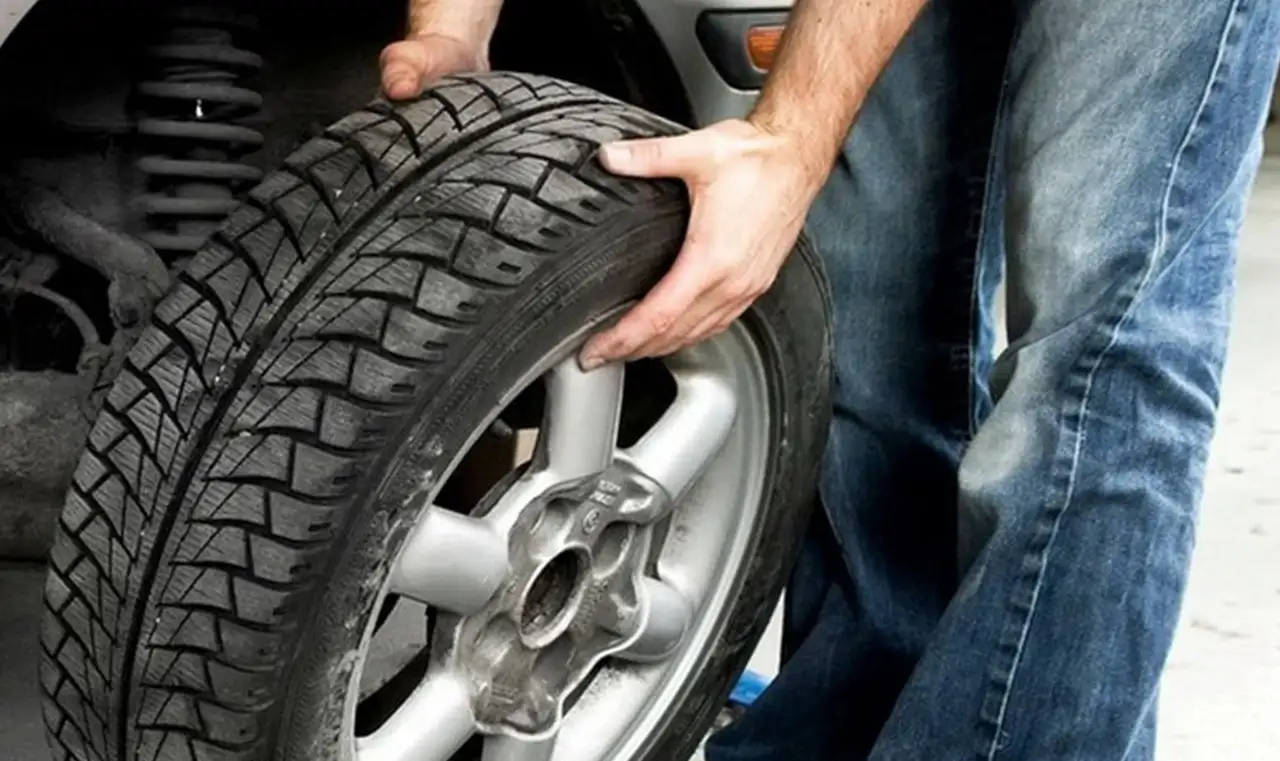
Thus, with the arrival of warm weather, winter tires need to be replaced with summer ones for the safety of the driver and other road users. However, not all drivers follow this rule.
Lawyers from the Free Legal Aid (FLA) noted that currently, Ukrainian legislation does not impose fines for using winter tires during the summer period. There is also no law prohibiting driving on summer tires in the winter.
The current traffic rules (PDD) do not establish specific dates, times, or conditions for switching from winter tires to summer ones. This means that drivers will not be fined just for continuing to drive on winter tires in warm weather.
However, there are technical requirements for tires, which are regulated by item 31.4.5 of the Road Traffic Rules (PDD) and Article 121 of the Code of Ukraine on Administrative Offenses (KUAO). According to these norms, tires must meet certain standards, including the minimum tread depth and the absence of visible damage. Non-compliance with these requirements may lead to a fine.
Lawyers from the FLA noted that if the tire tread is worn out, the fine will range from 20 to 40 untaxed minimums, which is 340-680 UAH.
The FLA lawyers also reported that on February 20, 2024, a draft law (No. 11029) was registered, which provides for stricter penalties for violating road safety rules. According to this document, using tires not suited to the season will result in a fine of 1700 UAH.
For repeated violations, the fine will range from 3400 UAH to 8500 UAH, and the driver may be deprived of the right to drive for a period of 3 to 6 months.
What conclusion can be drawn?
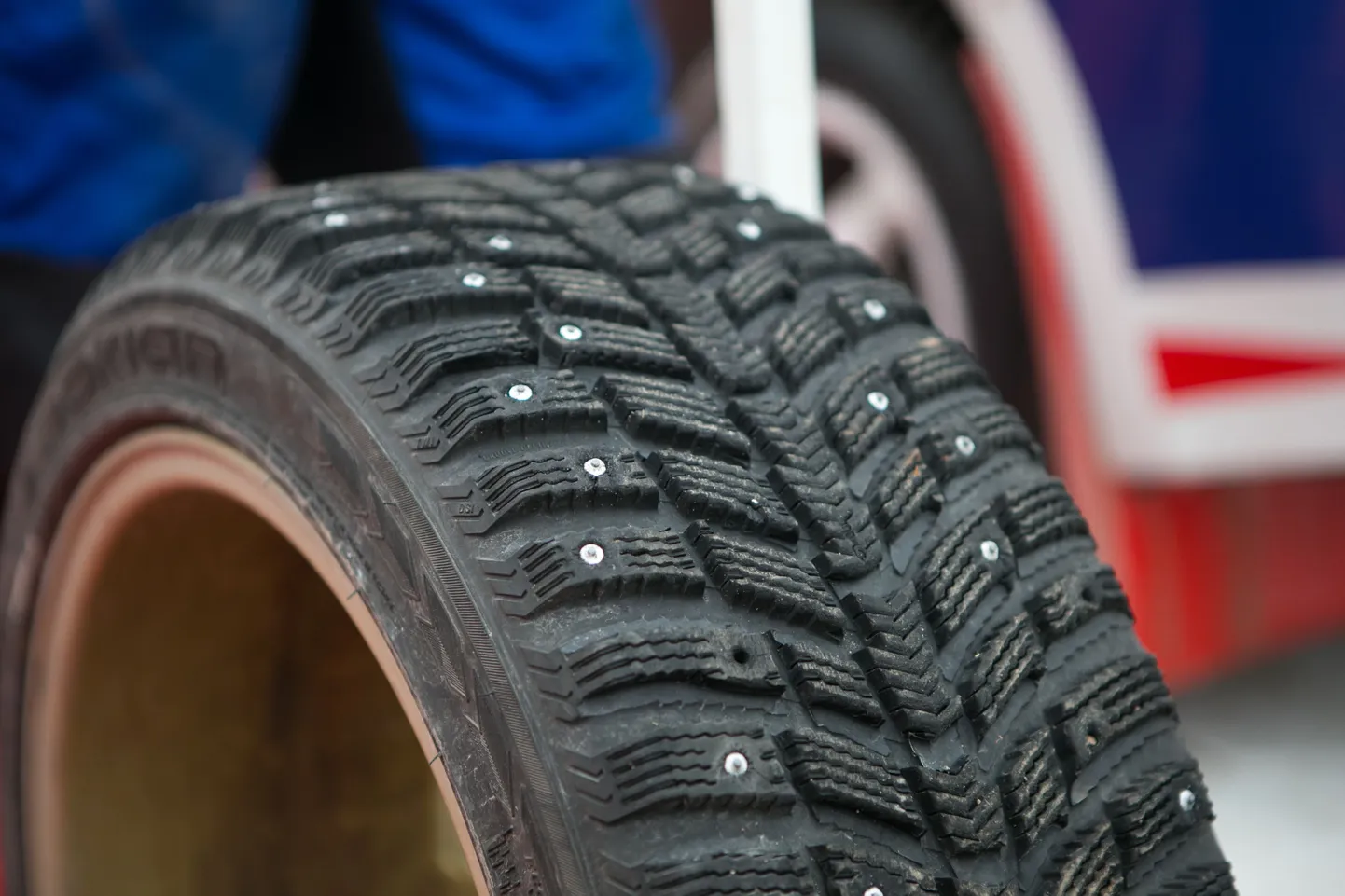
It is likely that soon a legislative framework will be established for determining when to install winter tires, and responsibility for violating road safety rules will be strengthened, but the draft law has not yet been adopted.
It is worth noting that in some European countries, fines are imposed for using winter tires in the summer period, especially if they are equipped with studs. In Ukraine, such fines have not been introduced yet, but drivers are recommended to consider the seasonality of their tires to ensure road safety.
Thus, although there is no fine for using winter tires in the summer in Ukraine, drivers should monitor the technical condition of their tires and follow recommendations regarding their seasonality to ensure road safety.
You may also be interested in the news:

Michelin Unveils AI-Powered Tires That Monitor Their Own Condition
Michelin introduces tires with AI technology that track their own wear and performance in real time.
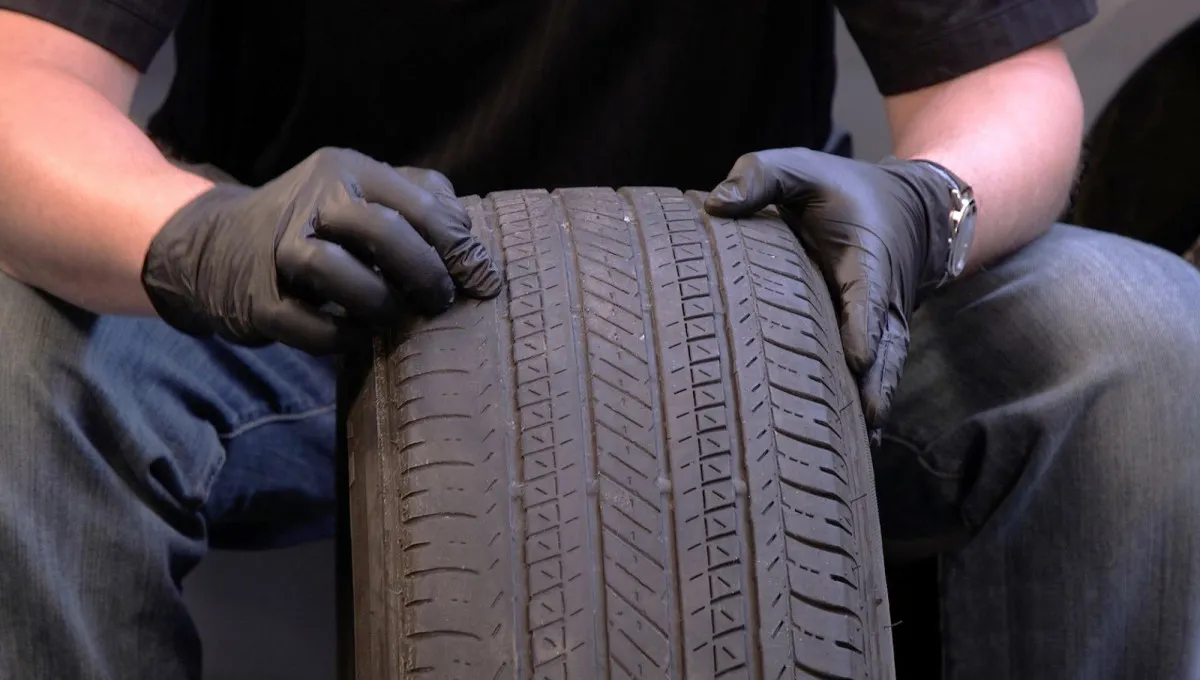
Why Car Tires Lose Their Shape—and What That Means for Drivers and Safety
Tires don’t deform overnight, but when they do, the effects can show up in both vehicle behavior and overall road safety.
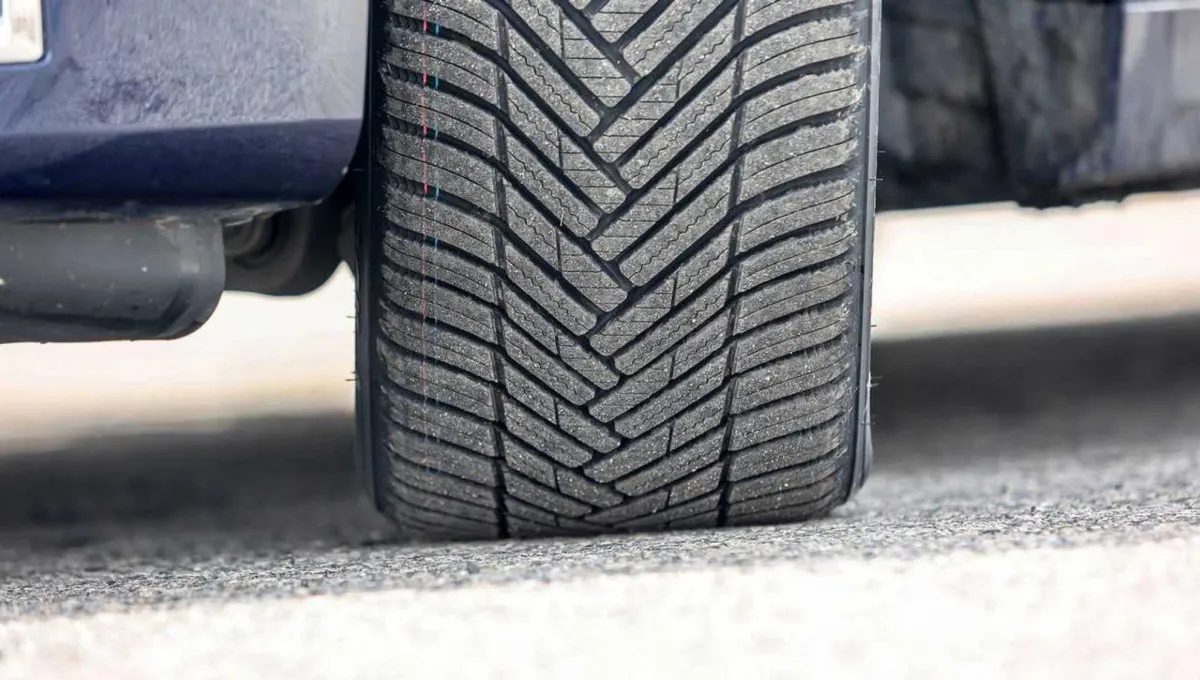
Germans Name the Best R18 All-Season Tires
Pirelli beats Continental and Michelin in AutoBild’s latest ranking of the best all-season tires

Why Buying Two Full Sets of Wheels Right Away Is a Bad Idea
Many car owners try to solve seasonal tire changes once and for all by buying two complete wheel sets—summer and winter—both mounted on alloy rims.
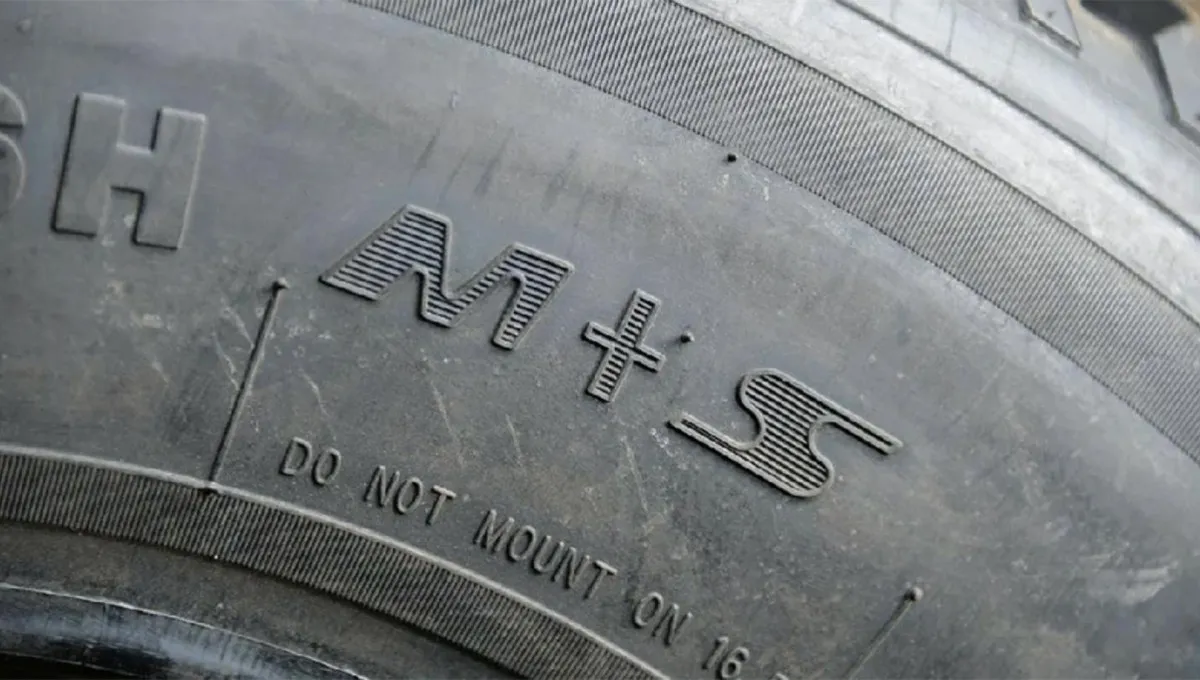
What M+S Means on Tires—and When It’s Actually OK to Drive on Them
Among the many symbols stamped on tire sidewalls, you’ve probably seen M+S. Here’s what it really stands for.